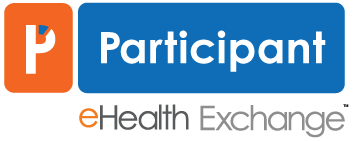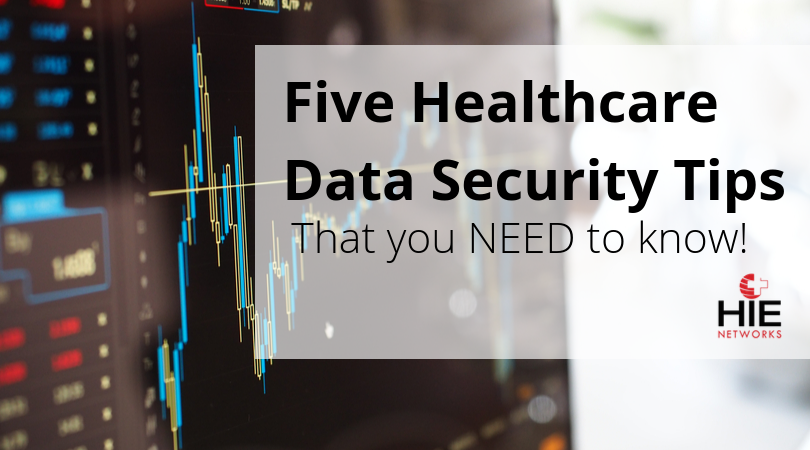Protecting data is not an easy task for most healthcare providers. Practice Managers are constantly trying to keep their patient’s paperwork private while complying with HIPAA’s strict rules and regulations. However, the medical world has become a main target for cyber attacks. According to Ponemon Institute, there has been an increase in cyber attacks each year since 2010 in the healthcare field. If patient’s private information is unveiled, there could be serious consequences that can hurt your practice. Centralis Health cares about you and your business. We want your healthcare data to be safe, so we have compiled a list of tips that help fight against today’s many threats to healthcare data security. These tips doubled with our healthcare communication solution, will make sure all of your data is safe and secure.
1. Educate Your Staff
One of the biggest mistakes that causes cyber attacks is healthcare providers being unaware of what is happening and what to do about it. Not being educated and making negligent mistakes can lead to large consequences for medical practices. Having training sessions about cyber attacks and HIPAA’s changing regulations can help employees learn how to be careful when handling patient’s private information.
2. Encrypt Data
The best thing a medical provider can do to enhance their healthcare data security is encryption. Encrypting data makes it much harder for attackers to not only access private patient information, but it can be nearly impossible for them to decipher the data. It isn’t in HIPAA guidelines to have encryption, but it is strongly encouraged to encrypt your patient’s data to ensure better protection. At Centralis Health, our healthcare communication solution has strong 256-bit encryption to make sure all of your data transfer is protected.
3. Utilize Data Usage Controls
There are many data usage controls that you can implement in your medical practice for additional healthcare data security. These controls will monitor and flag the data for any malicious behavior. Practices can also utilize data controls to block certain activity, such as: printing, unauthorized email sending and copying data to external sources.
4. Monitor Use
Monitoring use can widely improve healthcare data security. To do this, it can be helpful to log all of your data transactions so your employees can monitor who is accessing what information, on what device, and at what locations. This can help you identify problem areas in your data and see how to make adjustments. At Centralis Health, our products come with audit trails that can pinpoint when incidents occur. These audit trails monitor who has seen the medical records and how long it took to complete certain tasks.
5. Invest in Communication Technology
To secure your healthcare data, sometimes you need a little outside help. At Centralis Health, we provide communication solutions to help streamline your healthcare data exchange, while staying HIPAA compliant. We have four products: hFax, hMessage, hConnect, and hImage. All of these can be bought together or separate and come with many features to improve your practice. If you want: workflow analysis and re-engineering, fax server replacement, clinical data exchange and more, then HIE is for you!
Contact us today to get started securing your healthcare data!


